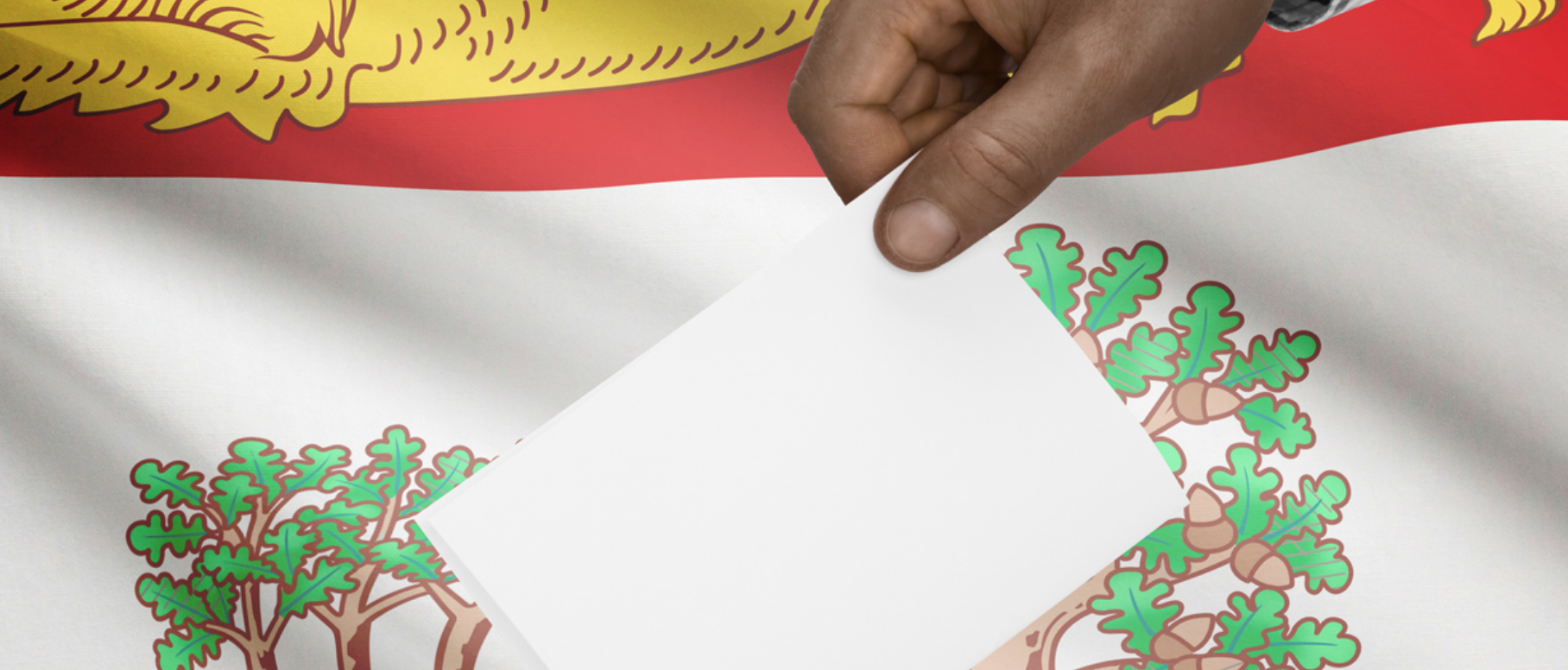It’s back! Electoral reform is rearing its head in Prince Edward Island for the fourth time in less than two decades. Several encouraging signals, such as a recent free vote in the Legislature and all three major party leaders ostensibly favouring reform, suggest a positive outcome may be on the horizon. But unless the process unfolds radically differently than the dozen-plus previous campaigns across Canada that inevitably perished into the quagmire – more often than not due to shenanigans engineered by power-hungry politicians – don’t expect reform to come to fruition without a fight.
A couple of weeks ago, Green PEI MLA Stephen Howard did something unexpected: he tabled a motion that called for the government to launch a citizens’ assembly on electoral reform, a grassroots process that would ultimately recommend a version of proportional representation best suited to the Island.
Given that the Greens don’t control a majority of seats in the PEI Legislature, and that the province held an electoral reform referendum just 2.5 years ago, the motion was anticipated to fail.
Instead, it passed. The governing Progressive Conservatives and Liberals both permitted their members to vote freely, and five MLAs from the legacy parties were supportive, including the government’s house leader, two cabinet ministers, and the Liberals’ interim leader.
With a single vote, electoral reform was suddenly and surprisingly revived in PEI, arguably buoyed with greater support than ever before.
PEI has already held three referendums on electoral reform this century, initially spurred by five consecutive elections between 1989 and 2003 that resulted in farcically disproportional outcomes – either the opposition being granted less than a handful of seats, or the fabrication of a majority government despite the two biggest parties earning an almost identical popular vote (e.g. 1996). As UPEI professor Peter McKenna argued in Policy Options, these outcomes left the province with “a weak opposition and a poorly equipped government-in-waiting.”
Thus far, PEI’s efforts at reform have all been undermined by incumbent politicians intent on maintaining their grip on power. The first plebiscite in 2005 revolved around a political system chosen by a single person appointed by the government – not exactly a grassroots process meant to foster popular support. Just one month before the vote, then-premier Pat Binns inserted a 60‑percent super-majority threshold, a hurdle blatantly engineered meant to stymie change, given that the province has only seen a 60-percent election result once in its entire history. Polling stations were inexplicably reduced by 75 percent and the voters’ list was conveniently scrapped before the vote, two examples of dirty political hijinks meant to reduce turnout.
“Clearly, the major political parties (the Liberals and the Progressive Conservatives) did not want this proposal to see the light of day,” academic observer McKenna wrote in Policy Options. “Indeed, they did everything humanly possible to ensure that it was derailed politically, put out of its misery and unceremoniously buried.”
A second plebiscite on electoral reform was held in 2016, following the 2015 election which saw the 22 percent combined popular vote of the NDP and Greens result in just one seat. 2016 was a relatively fair contest, although the legacy parties did exhibit soft opposition to reform, and the array of options on the ballot were arguably engineered to favour the success of a Liberal-friendly system known as instant-runoff voting (the same system currently being proposed by Steven Del Duca’s Ontario Liberals). Mixed-member proportional representation was the winning option, but the PEI Liberals subsequently claimed turnout wasn’t high enough (despite this not being a threshold stated prior to the vote) and simply ignored the outcome, refusing to implement the reform.
Facing backlash from the public, the Liberals organized a subsequent referendum to coincide with the 2019 election. Like 2005, this effort was engineered to fail. Campaigns for and against electoral reform were banned from fundraising or accepting donations until the election writs were issued, an unprecedented – and arguably unconstitutional – restriction insidiously intended to reduce public awareness.
Two thresholds were also applied in 2019 to tip the scales in favour of the status quo. The proposed electoral reform would have to receive not only a majority of votes in the referendum, but from a majority of overall ballots cast – meaning that ballots marked for the election but left blank for the referendum would effectively be counted as votes against the proposed reform. Additionally, the result would not be binding on the government unless the proposal was supported in a super-majority of ridings – 60 percent, or 17 of the 27 electoral districts. Adding further chicanery, “no” was required to appear above “yes” on the ballot.
The result was tight, and inconclusive. The current voting system narrowly won the popular vote, with less than 52 percent support – but electoral reform was approved by voters in a slim majority of ridings. A perfect garnishing of irony.
Before the result was announced, referendum commissioner Gerard Mitchell clarified that if neither side achieved the thresholds, the result would not be binding.
“If it’s close enough then I guess government, or whoever is governing, will have to make a decision,” he told the Canadian Press.
Most observers assumed the new Progressive Conservative minority government under Premier Dennis King would quash the proposed reform, despite that King was the only contestant in the PC leadership election several months earlier who explicitly backed proportional representation. Instead, King said he would “leave it up the Legislature,” a refreshing suggestion that PEI’s Legislative Assembly should make the decision, and a hint that the Tories might not whip such a vote.
Fast forward to the October 2021 vote on the motion to form a citizens’ assembly on electoral reform, and King had kept his word, allowing his caucus members to vote how they pleased.
But the important question is whether King and Liberal interim leader Sonny Gallant will continue to allow free votes on this topic after the citizens’ assembly has reported back to the Legislature with a recommended version of proportional representation. Let’s remember that at the federal level, Prime Minister Justin Trudeau went through the motions of forming a parliamentary committee on electoral reform – and even allowing its makeup to be proportional, with Liberals not holding a majority of committee seats – before ultimately ignoring the committee’s recommendations and offering excuses not to act.
Thankfully, PEI’s situation is different – at least for the time being. Its PC government, now with a razor-thin majority thanks to a 2020 by-election, can’t run roughshod over the Legislature without threat of losing a vote, especially if not all MLAs are present or if one chooses to dissent. But with less than two years remaining before the Island holds its next general election, it’s doubtful whether a new voting system could be implemented before then. As such, the decision whether to embrace or reject electoral reform might be made by a future PEI government with a comfortable majority, likely from a legacy party. And if Canadian political history is anything to go by, that sounds like a recipe for obfuscation and inaction.
Credit to Stephen Howard and the Greens for tabling a motion to establish a citizens’ assembly, but it’s baffling that they waited 2.5 years after the 2019 election/referendum to act. Although the motion is the result of a grassroots policy resolution approved earlier this year at the party’s annual general meeting, in hindsight it seems politically naïve of the Greens not to take advantage of a minority (and subsequent razor-thin majority) government and act earlier, something they may ultimately come to regret.
But for now, the weight of the entire Canadian electoral reform movement once again rests solely upon the shoulders of an island with a population of less than half a percent of the entire country.
No pressure.






